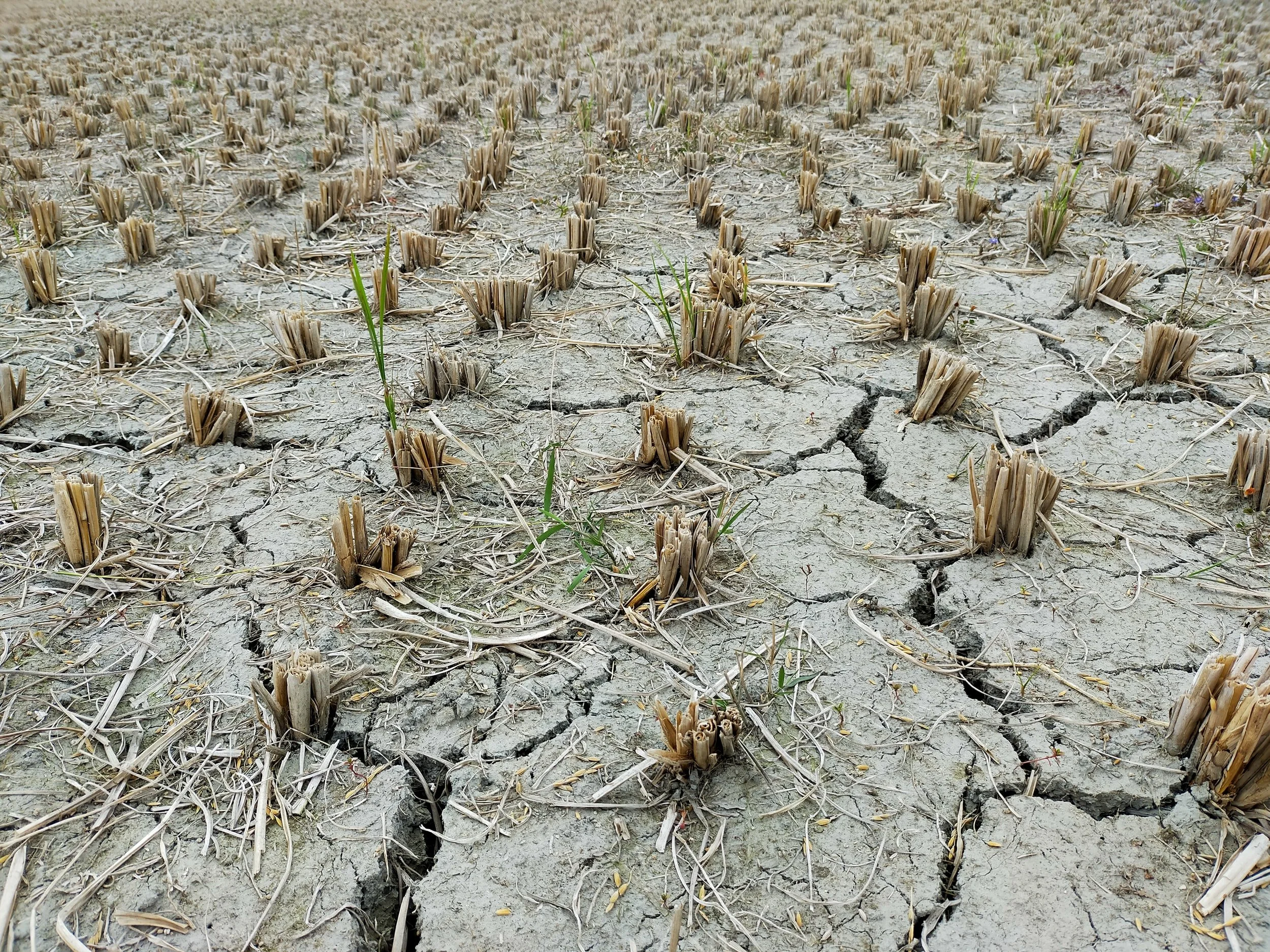A study conducted by researchers at the University of East Anglia found that about 90% of the Himalayan region will experience drought lasting over a year if global temperatures were to increase by 3°C. This would not only negatively impact long-term water storage in the form of snow and ice, but it would also be devastating for communities as these areas form the headwaters of many major river systems, thus the water source for millions of people.
A View From the Record-Breaking Canadian Wildfires - a conversation with one evacuee
This year’s devastating wildfire season in Canada is a sobering reminder that while some areas are undoubtedly more vulnerable to climate change and its exacerbation of severe climate events, no place is truly safe. Indeed, the planet just endured its hottest three-month period on record, prompting UN Secretary-General António Guterres to declare that “climate breakdown has begun.” Only a coordinated, global response based in solidarity, responsibility, and protection of people will suffice.
Colombia Moves Closer to Legally Recognizing Internal Climate Displacement
Should it be successful, the law would be the first of its kind in Latin America and the Caribbean, a region where the World Bank’s estimates there could be as many as 17 million internal climate migrants by 2050, representing 2.6 percent of the region’s total population.
While the new law only addresses internal climate displacement, it could have significant regional implications as countries continue to step up efforts to address both internal and cross-border movement due to the effects of climate change.
UN Chief's Dramatic Language on Climate Migration May Not Be the Help We Need
Whether in the United States or Bangladesh, we are at a critical juncture regarding climate change and displacement, and it is important to effectively communicate the issues at stake. Unfortunately, the “mass exodus” remark and the explicit linkage to “security” by multiple speakers during the Security Council session, despite coming from international leaders who are understandably frustrated with global inaction, risks sparking fear amongst the public and even policymakers.
UN Decision on Torres Strait Islanders a Major Win for Indigenous Peoples and Climate Justice
The UN Human Rights Committee has found that Australia violated the rights of Torres Strait Islanders by failing to adequately protect them from the impacts of climate change, in a major decision with implications for climate justice and the protection of Indigenous Peoples’ rights in the face of climate change, as reported by Kristen Lyons in the Law Society of New South Wales Journal. The Committee concluded that Australia’s insufficient climate action constituted a violation of the Islanders rights to enjoy their culture and “be free from arbitrary interferences with their private life, family, and home,” as the UN High Commissioner for Rights press release states.
Temperature Rise, Increased Droughts Will Cause Widespread Loss & Displacement in Middle East & Beyond
Human migration due to droughts in particular will increase by at least 200% throughout the rest of the 21st century, according to a recent study published in International Migration Review. The Stony Brook University team worked from 16 climate models and social science data to generate their predictions, focusing on two scenarios. In an ‘optimistic’ scenario, in which countries live up to their Paris Agreement commitments, the percentage increase in drought-induced migration stands at 200%. In a pessimistic scenario, based on current energy use and emissions, that number has the potential to reach a staggering 500% increase.







